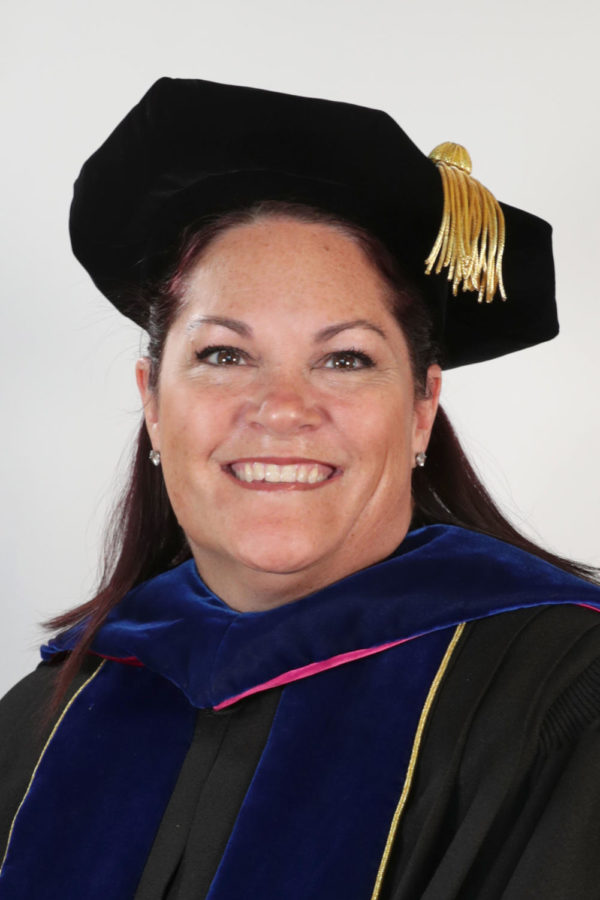On June 28, 2009, the president of Honduras, Manuel Zelaya, was ousted and exiled to Costa Rica by soldiers of the Honduran military. This event was preceded by controversy regarding the Constitution of Honduras.
Zelaya had wanted to convene a National Assembly for the purpose of rewriting the constitution to include a referendum that would allow for a fourth ballot. Opponents of Zelaya held that such a procedure would be unconstitutional and feared that a new constitution would allow the president to seek re-election.
Various official bodies, including the Honduran Supreme Court, opposed the referendum and issued an order for the detention of Zelaya. Roberto Micheletti, speaker of Parliament and second in the line of presidential succession, was sworn in as the interim president.
Honduran authorities claim that Zelaya was arrested and ousted legally and that Micheletti’s succession was within Honduran law, although foreign governments are reluctant to recognize the new government. Currently Zelaya faces 18 criminal charges including treason and a failure to implement more than 80 laws approved by congress.
Both outside and inside the country, many have described the events as a coup d’etat. International reaction has been generally negative toward the events, but domestic opinions vary.
A source provided by Honduran senior Rafa Silva said, “The OAS, the UN, the whole world turned a blind eye to what he had done wrong; all in fear of the word ‘coup.’
“Elections are proceeding as demanded by our law,” he added. “All that we ask is that we are allowed to practice the right of self-determination.”
While Honduran public opinion was mostly opposed to Zelaya’s approach to the constitutional referendum, there have been demonstrations both in protest and approval of the actions taken against Zelaya. Some demonstrations and protests have been met with resistance from the Honduran Military.
The days that followed Zelaya’s exile were filled with the military lining the streets of the capital, Tegucigalpa, and curfew hours from six to nine being instated. Some cities were under house arrest for three days following Zelaya’s exile.
Jonathan Estrada, whose family resides in the capital city, said, “We didn’t think that something like that could happen again. It used to happen in the 1970s and ’80s, but now we should have more education and knowledge. I don’t support anybody because both have broken the laws and constitution.”
When Zelaya held the presidency, he made poor economic decisions, causing companies and country to suffer as capital decreased. Now, due to the crisis, Honduras is at an economic standstill and the country itself is closed off from outside influence.
Since Micheletti has taken control of Honduras, the American embassy has been closed, visas have been revoked, commercial treaties have been removed, and much of the media has been silenced. While some support Zelaya, others believe that the country is better off without him.
Graduate student Luis Sierra said he believes that “Micheletti has done a much better job as president in these past few months than Zelaya ever did in over three years that his term as president lasted.” It is hard to know which situation, the government under Zelaya or Micheletti, is the lesser of two evils.
“If the Congress and Supreme Court wouldn’t have strongly defended the country’s constitution, Zelaya’s illegal attempts would have opened the flood gates for the beginning of another Venezuela,” senior Marcela Bunge said. Zelaya had been a close friend and supporter of Hugo Chavez, whose influence is very prevalent in much of South and Central America.
Daniel Cabanillas, music minister and foreign student compliance officer, said, “It is a sad story for a country that has suffered for so many years, and I hope that the political crisis will resolve soon in a peaceful way.”




